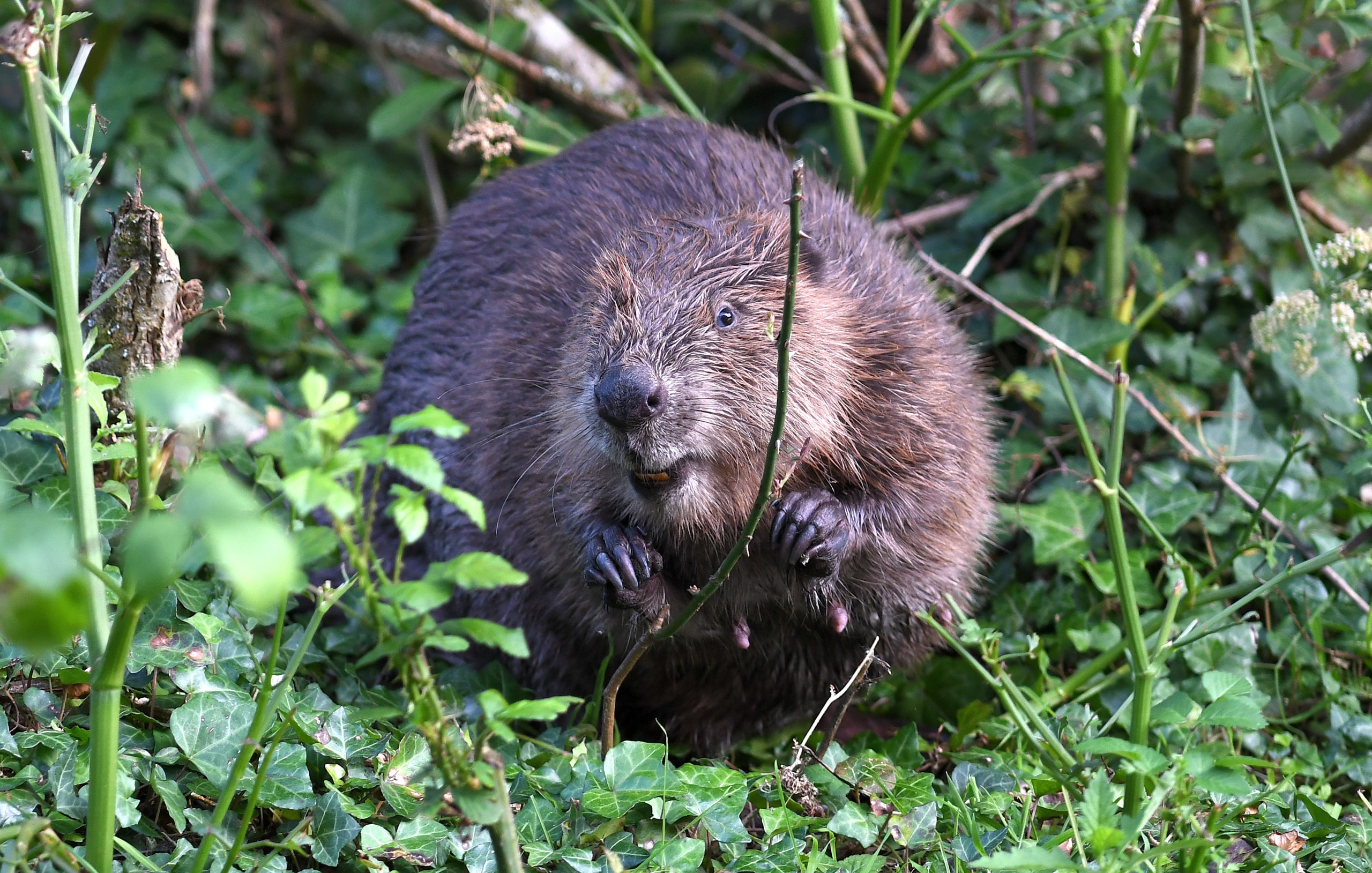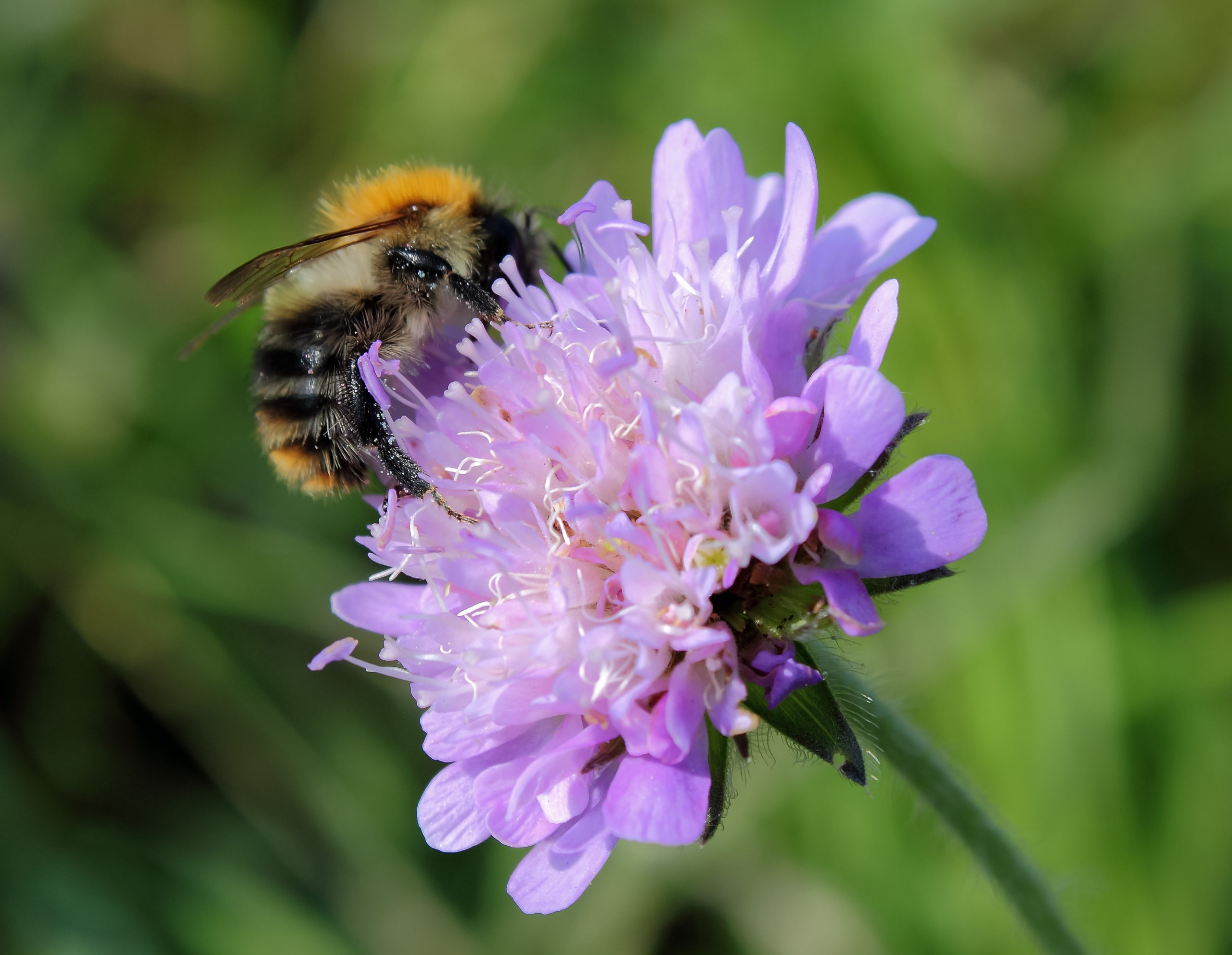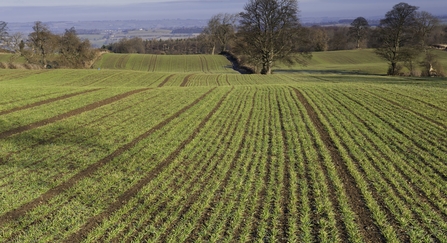COP stands for ‘Conference of the Parties’ and these are UN conferences on its different conventions.
COP26 is where world leaders come together to talk about climate change and how to tackle it, as it’s the COP for the UN Framework Convention on Climate Change.
This year marks the 26th COP summit – hence why it is called COP26 – taking place 1-12 November 2021 in the UK. It’s held here this year because the UK were successful in their bid to host it – this means they have taken on the Presidency. Glasgow was chosen as the location, in part due to the city’s commitment to sustainability. The spotlight is now on the UK to provide global leadership that raises ambition and turns promises into desperately needed action to tackle the inseparable nature and climate crises.
Here we look at what we’re expecting during the summit, and the leadership needed to ensure that globally we tackle the nature and climate crises.
What do we want to see at COP26?
COP26 is our chance to tackle the climate and nature crises together. Climate change is already contributing to nature’s decline, whilst the loss of wildlife and habitats leaves us ill-equipped to reduce emissions and adapt to change. Global leaders must take a stand and embed climate action and nature’s recovery across their policies. Broadly, we need:
- A set of national policies from all countries to keep 1.5C within reach
This is critical to protecting the UK’s natural environment from irreversible and catastrophic change.
- Leadership
The UK must lead the way at COP26 – and demonstrate the right approach at home. The UK Government is currently not on track to adapt to climate change, or to achieve Net Zero emissions, yet the UK has to play its fair and historic share in tackling climate change that it is responsible for, and supporting developing nations cope with the effects of climate change that they have little historic responsibility for.
- Finance
Agreement that nations will invest in high quality nature-based solutions (e.g. peatland and saltmarsh creation and restoration) that are developed in partnership with local communities to help mitigate against, and adapt to, climate change on a global scale.




